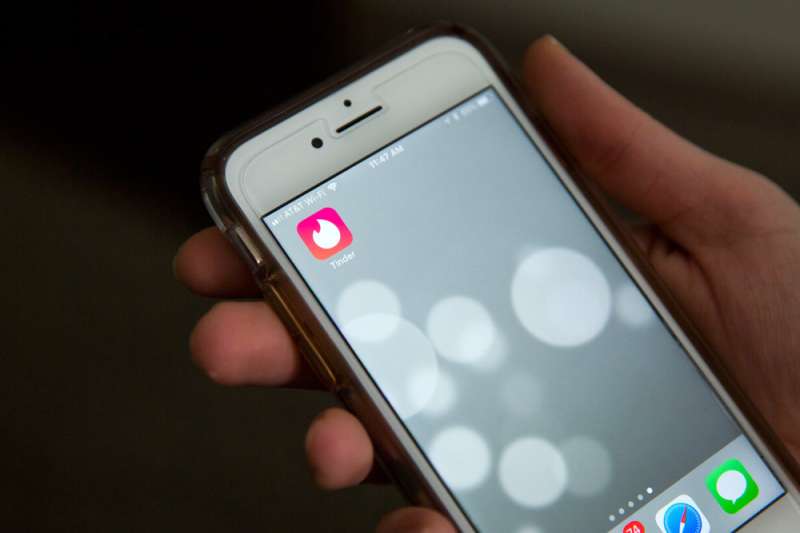Credit: Texas Tech University
The popular dating app Tinder is all about helping people form new relationships. But for many college-aged people, it's also helping those in relationships cheat on their romantic partners.
The flip side? Tinder also makes it easier to catch cheaters.
Dana Weiser and Sylvia Niehuis, faculty members in Texas Tech's Department of Human Development and Family Studies, recently published a study showing a significant number of college students are using Tinder to meet what they called "extradyadic partners" – that is, a partner outside of and in addition to the partner in a committed, romantic relationship. The study, which involved additional collaborators, was published in Personality and Individual Differences.
"A couple of years ago, one of my students shared the story that she had come across a friend's boyfriend on Tinder, and she was not sure whether she should tell her friend," said Weiser, an assistant professor. "So, although Tinder may make it easy to meet potential partners, the potential for exposure may be high."
Among the 550 undergraduate students who participated in the study, 12.5 percent had spent time with someone they met on Tinder, 17.1 percent had messaged someone on Tinder, 8.9 percent had been physically intimate and 7.2 percent reported having sexual relations with someone they met on Tinder while in an exclusive relationship.
"We know infidelity is quite common among college-aged adults as they grow and learn about relationships, not to mention there is quite a bit of opportunity," Weiser said. "Our results are consistent with previous research and suggest Tinder may be one way college students meet extradyadic partners."
Ironically, although the numbers show college students are using Tinder to find partners outside their relationships, many of these same participants said they weren't sure Tinder was a good way to do so.
"The participants are quite mixed though as to whether Tinder is an effective way to meet extradyadic partners," Weiser said. "This may be because, while it is easy to meet individuals via Tinder, it may also be very easy to get caught, as a percentage of our participants also indicated they saw people who they knew were in relationships on Tinder."
In their study, Weiser and Niehuis, an associate professor, found two personality traits they said could predict a person's likelihood to cheat on a partner: willingness to engage in sex outside of a committed relationship and intention to engage in infidelity – that is, if you knew you wouldn't get caught, would you be willing to cheat?
"We expected that these same personality traits that predict in-person infidelity would also be associated with engaging in infidelity via Tinder," Weiser said. "We found those traits were more important for predicting infidelity than gender. Basically, men and women looked very similar when we accounted for personality."
Weiser and Niehuis emphasized that it's unclear if Tinder is actually increasing rates of infidelity or simply giving people a different way to meet extradyadic partners.
"There are advantages and disadvantages to any technology," Weiser said. "We know technology has enhanced relationships in many ways: long distance couples are able to more easily communicate, and you can meet partners outside your social network or with special interests. One disadvantage may be how this technology can also help facilitate infidelity."
More information: Dana A. Weiser et al. Swiping right: Sociosexuality, intentions to engage in infidelity, and infidelity experiences on Tinder, Personality and Individual Differences (2017). DOI: 10.1016/j.paid.2017.10.025
Journal information: Personality and Individual Differences
Provided by Texas Tech University























